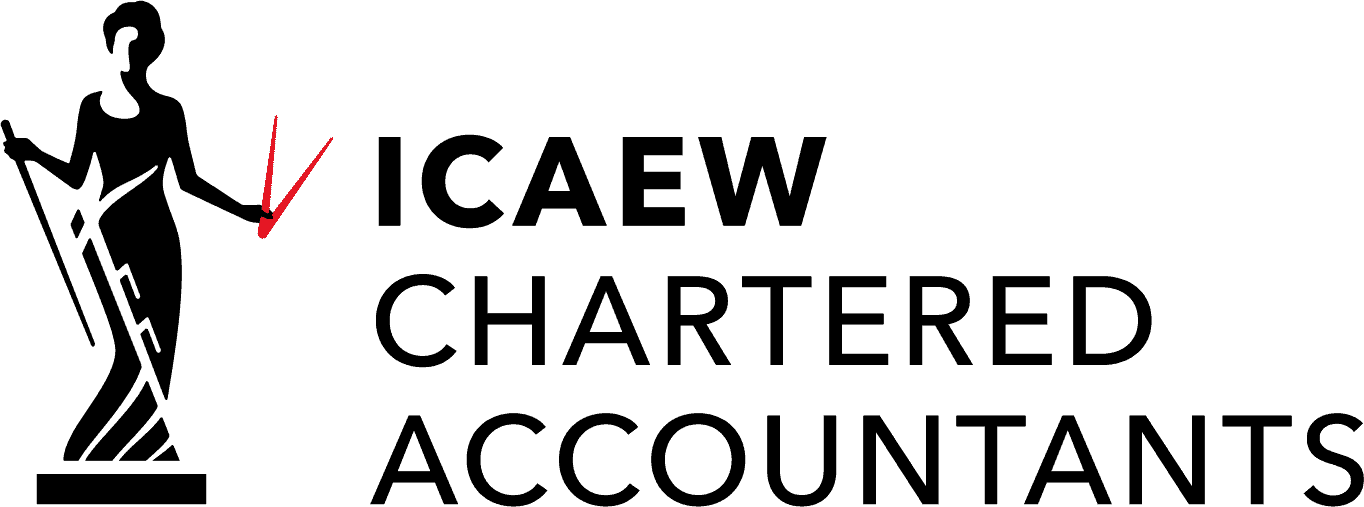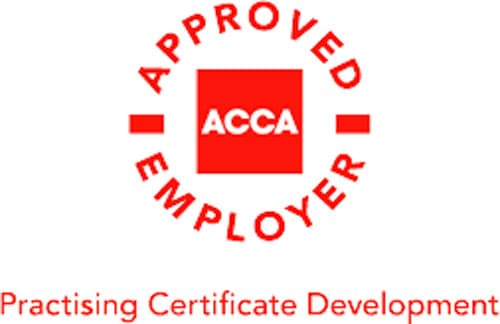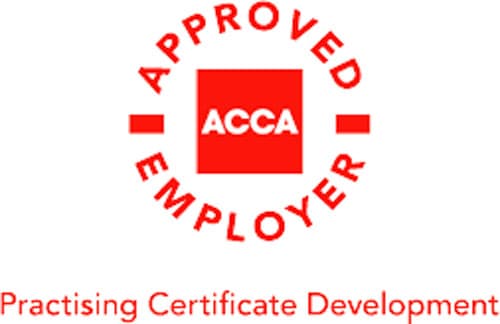Accounts Preparation
Accounts preparation is the process of gathering, organising, and presenting financial information in a standardised format to produce accurate and reliable financial statements
Our aim is to produce a set of accounts within a reasonable time frame of your books and records being left with us. This involves collecting relevant data such as sales and purchase invoices, bank statements, payroll records, and other financial documents. Then our experienced team meticulously examines these records, ensuring they comply with accounting principles, legal requirements, and industry standards to produce the accounts you or your business require.
We work with businesses of all shapes and sizes covering a whole variety of business areas.
Management Accounts
Management accounts are financial reports that provide detailed and timely information to help internal stakeholders make informed decisions and manage the operations of an organisation effectively. These management accounts are invaluable in helping businesses to make timely and meaningful decisions
We can produce management accounts covering any period you wish including monthly, quarterly and half yearly. In producing the accounts, we will highlight in a report any issues that we feel may need further investigation.
Keep one step ahead of your competitors by ensuring your hard work is producing the correct results.
Charities and Not for Profit Organisations
Accounting services for charities and non-profit organisations are specialised financial services aimed at assisting these entities in managing their unique financial needs. These services go beyond traditional accounting practices, as they must comply with specific regulations and reporting requirements applicable to the non-profit sector
We recognise the contribution these organisations make to society and appreciate our corporate responsibility to help them.
The sector is regulated by the Charity Commission and as has been evidenced in the press in recent months, any organisation dealing with public money must have structure and controls in place which enable them not only to function efficiently but protect themselves in the event they are held accountable.
Audits
An audit is a systematic and independent examination of an organisation's financial records, transactions, and internal controls to assess their accuracy, reliability, and compliance with applicable laws, regulations, and accounting standards
Some of our clients look upon audits as being a necessary evil to satisfy requirements. We don’t. We see an audit benefiting clients in two ways:
- We delve much deeper into their books and records and apply various tests to give the client peace of mind. This enables us to raise any issues with the client that the audit may uncover and use our wealth of experience to offer effective solutions.
- The completed audit will be recorded in the accounts filed at Companies House. This will give other businesses who are looking to do business with you the added comfort that you have a clean bill of health.
Audit - 2025 Update
With the UK audit thresholds rising in April 2025, many companies will now fall below the statutory requirement, but audits still offer strategic value beyond compliance. Here’s why some businesses voluntarily choose to be audited even when they don’t have to:
Strategic Reasons Companies Still Opt for Audits
Investor and Lender Confidence
- Audited accounts provide assurance to banks, investors, and potential buyers that financial statements are accurate and trustworthy.
- This can improve access to funding, reduce borrowing costs, and support valuation during M&A or succession planning.
Stakeholder Trust
- Audited accounts reassure suppliers, customers, and partners.
- This is particularly relevant for UK manufacturers or compliance-heavy sectors where trust and transparency are key.
Banking and Financing Requirements
- Many banks require audited financials for credit facilities or loan renewals — even if not legally mandated.
- Audits can support better credit terms and lower interest rates.
Exit Planning and Valuation
- Audited accounts are often essential for business sales, mergers, or succession planning.
- They provide a credible basis for valuation and due diligence.
Group and Subsidiary Requirements
- Subsidiaries may need audits if part of a larger group, especially if the parent is audited or publicly listed.
- Section 479A guarantees can exempt some subsidiaries, but not all.
Internal Oversight and Risk Management
- Audits often uncover inefficiencies, control weaknesses, or fraud risks that internal reviews miss.
- For directors and owners, it’s a way to ensure governance standards are upheld.
Articles of Association or Shareholder Requests
- Some companies are contractually bound to audit via their articles, shareholder agreements or maybe Pension Scheme.
- Shareholders holding ≥10% of shares can demand an audit in writing.
Sector-Specific Obligations
- Certain industries — insurance, banking, investment firms — are excluded from exemption regardless of size.
- Regulatory bodies may require audits for compliance or licensing.
Growth and Exit Planning
- Companies preparing for sale, external investment, or public listing often maintain audited accounts to streamline due diligence.
- It signals professionalism and readiness to scale.
When Might It Be Worth Skipping an audit?
- If the company is stable, privately held, and doesn’t need external funding or regulatory oversight.
- If internal controls are strong and directors are confident in unaudited financials.
- If cost savings outweigh the strategic benefits.

Get a free consultation
We understand the importance of building working relationships with our customers. Establishing a common understanding of your business goals and building trust is of paramount importance to us, which is why we offer all our new customers a free no obligation consultation. Come down and meet the team and have a conversation with the people that you can trust to help your business flourish.
The Stopfords Difference
Our goal is to provide a personal and professional approach together with a reliable and dedicated service to our clients. As a result, we have developed an excellent reputation in Nottinghamshire & Derbyshire. We combine traditional values, forward thinking and the latest accountancy software to deliver an exceptional service to our clients.
We are committed to transparency and quality, which is why we operate under a few core principles:
- Fixed fees
- Fast & efficient
- Free initial consultation
- Free annual review
- Talking your language
- Exceeding expectations













